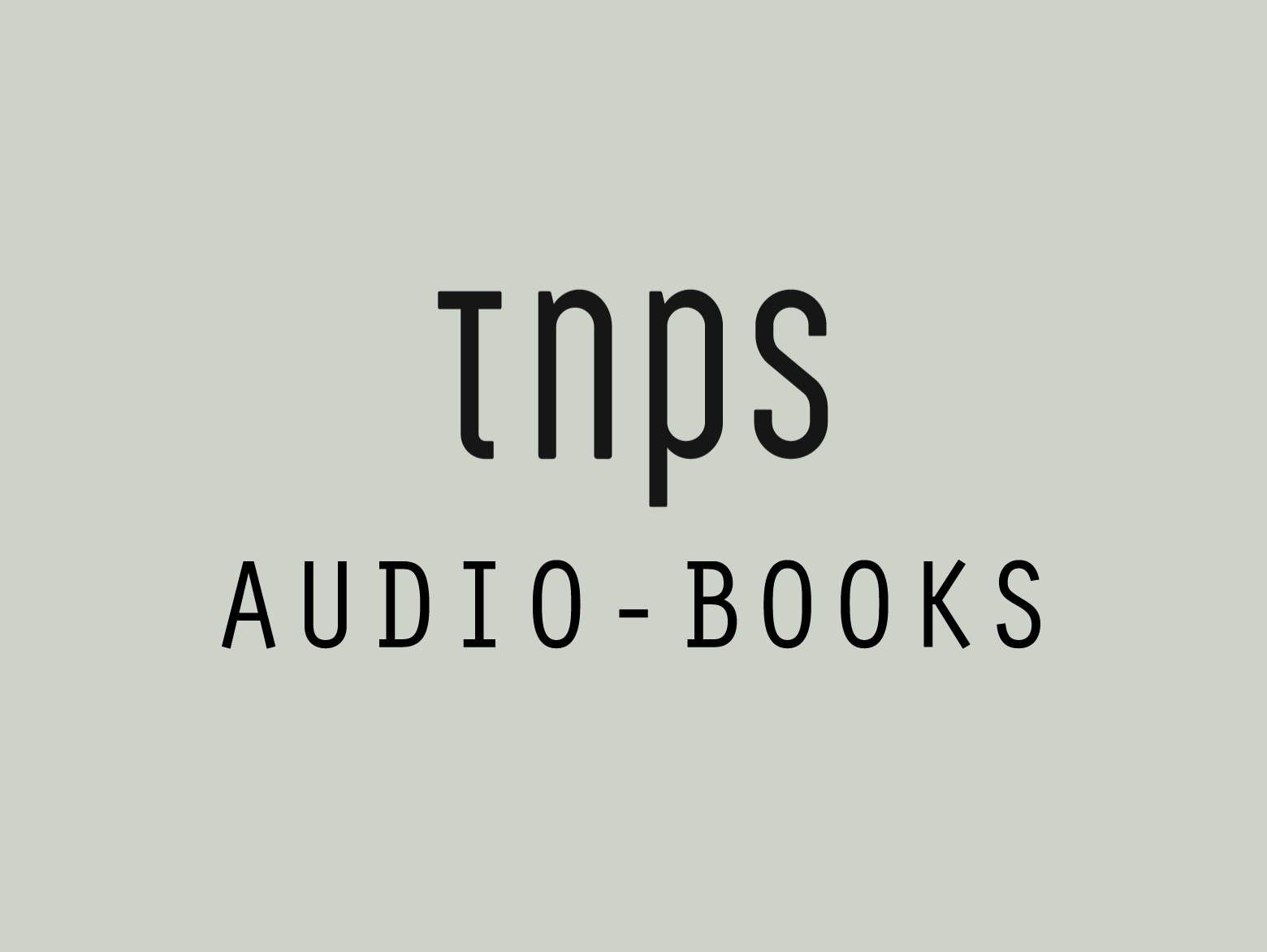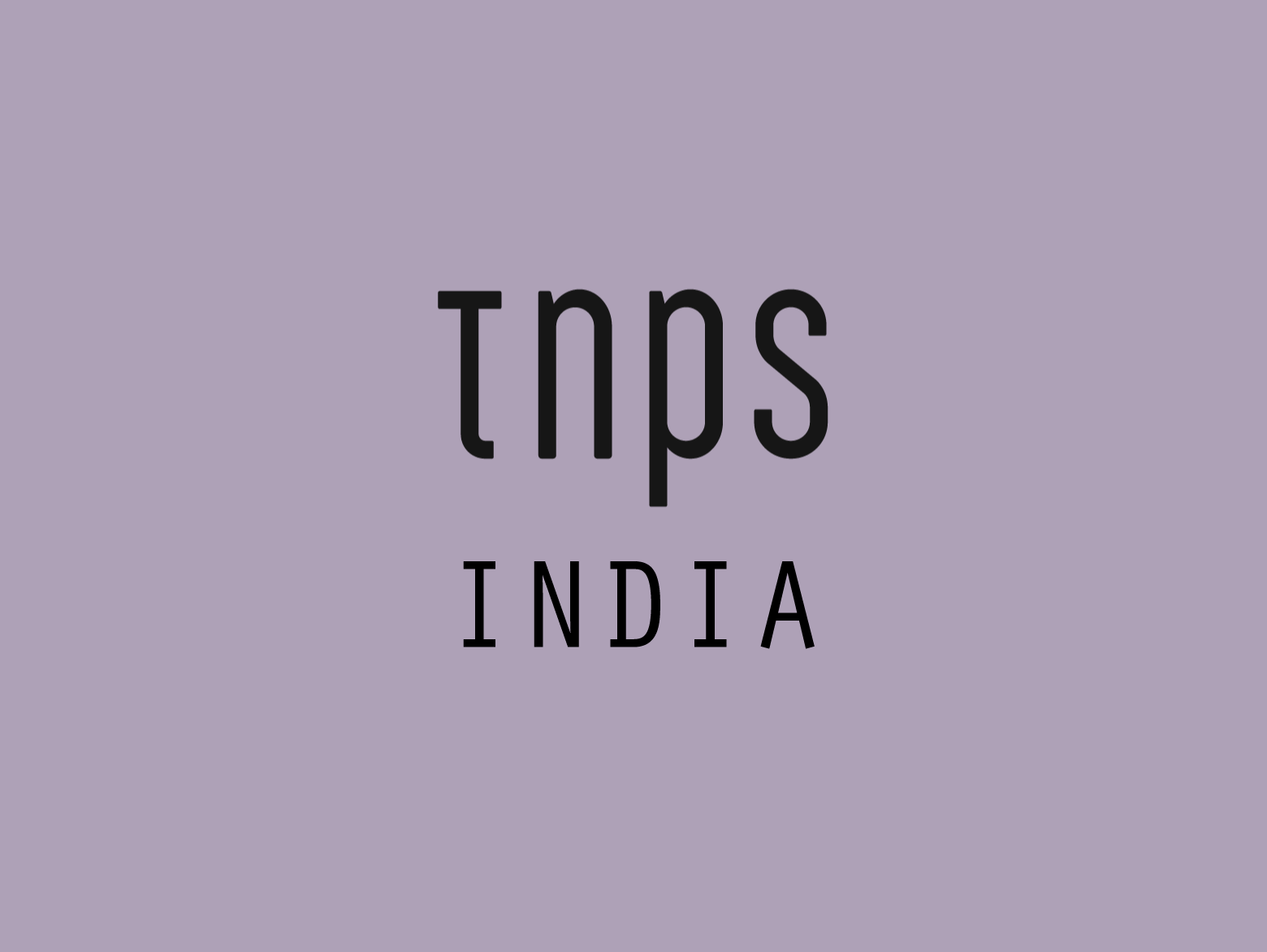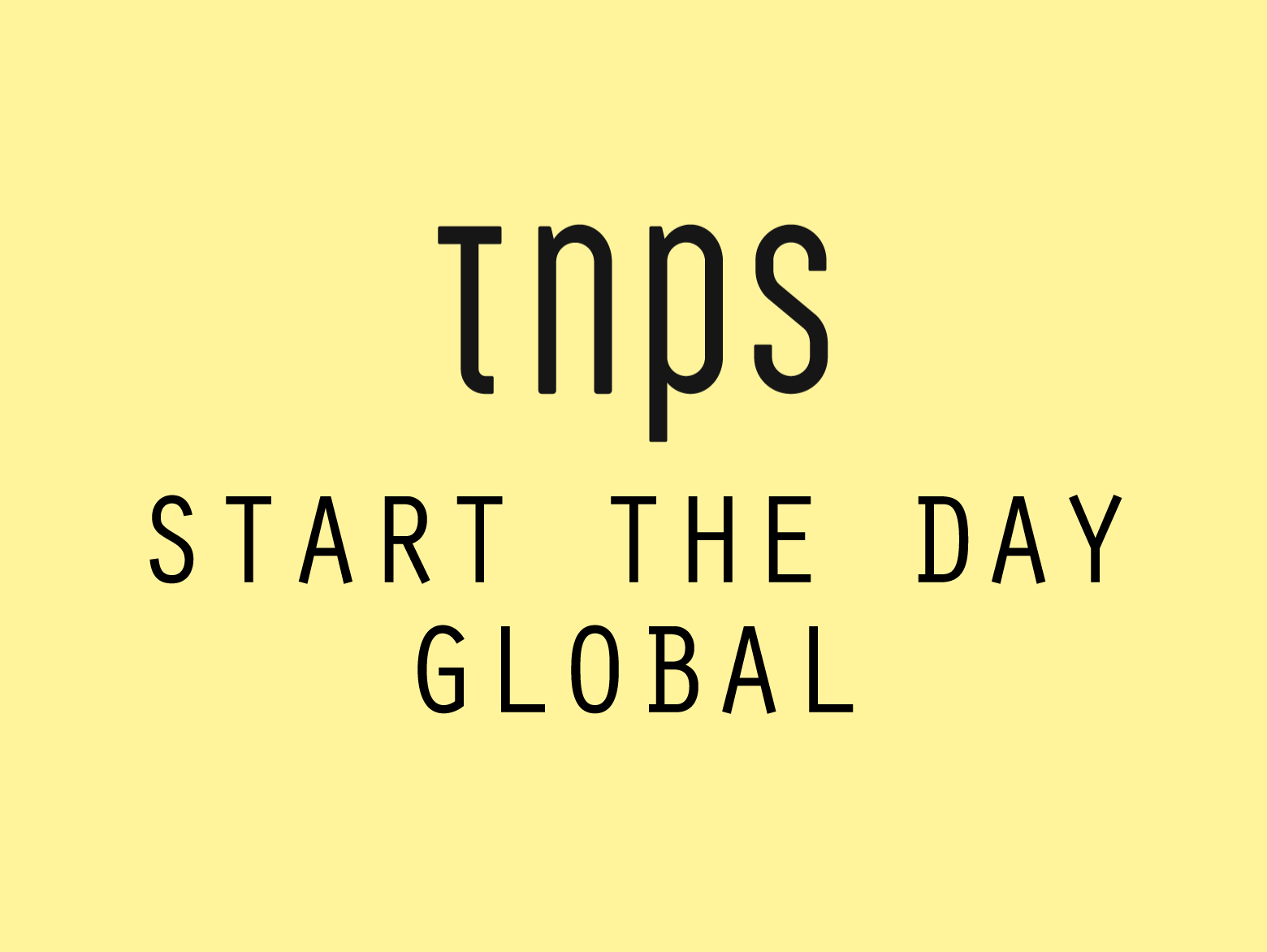Where Bond represents a historical failure of franchise management, the Maas deal demonstrates how contemporary authors are proactively ensuring that publishers remain locked out of the most lucrative aspects of their intellectual property.
Full Disclosure Redux
It seems like only yesterday I was writing about how publishers have lost their connection with the global James Bond franchise.
“The crucial error was treating James Bond as a collection of individual books rather than recognising the character as a potentially unlimited intellectual property universe. Publishers focused on their traditional competencies – editing, printing, and distributing physical books – whilst the real value migrated to other media formats and licensing opportunities.”

I added, “James Bond represents the most visible example of publishing’s failure to maintain control over major intellectual properties, but it’s far from the only one. Several other major franchises have either escaped publishing control or are in the process of doing so.”
By chance, the Hollywood Reporter had just previously reported on Sarah J Maas and her IP deal with IMG Licensing. I was (and am) bogged down with end-of-term school stuff and might have missed that story completely but for a mention by Sölve Dahlgren in the Swedish trade journal Boktugg, itself a reminder of the globally connected world publishers exist in but so rarely embrace.
Unlike Bond, I have no experience reading or viewing anything from Sarah J Maas – my idea of romantasy is Mary Shelley’s Frankenstein and Bram Stoker’s Dracula. But of course modern romantasy has little to do with gothic romance fiction.
But no matter. The issue here is the breadth of IP at a successful author’s fingertips, and how that breadth of IP is slowly migrating further and further away from the very publishers that gave these authors their starting points in the entertainment industries.
And unlike Ian Fleming, some authors are still alive and kicking, to the point of kicking the butts of the publishing industry.
The New Paradigm: Authors as Franchise Owners
Sarah J. Maas’s exclusive worldwide licensing agreement with IMG Licensing represents a seismic shift in how literary intellectual property is managed – and notably, it appears to exclude traditional publishers entirely from the equation.
The deal, covering Maas’s entire fictional universe including A Court of Thorns and Roses, Throne of Glass, and the Crescent City series, signals that successful authors are increasingly willing to bypass publishers when it comes to maximising the commercial potential of their creations.
This development, following closely on the heels of Amazon’s complete acquisition of James Bond, suggests a pattern that should alarm every publishing executive: the industry’s most valuable intellectual properties are systematically escaping traditional publishing control.
And here’s the thing: Where Bond represents a historical failure of franchise management, the Maas deal demonstrates how contemporary authors are proactively ensuring that publishers remain locked out of the most lucrative aspects of their intellectual property.
The implications extend far beyond a single licensing deal. With over 70 million English copies sold worldwide and translations in 38 languages, Maas represents exactly the kind of franchise-building author that publishers desperately need to, if not quite retain control over, at least have a symbiotic partnership.
Her success in the “romantasy” genre has created what IMG Licensing describes as “a cultural phenomenon that has redefined fantasy fiction“. In other words, precisely the type of transformative intellectual property that should anchor a publisher’s long-term strategy.
The Publishing Industry’s Invisible Role
Yet what’s most striking about the IMG Licensing announcement is what it doesn’t mention: publishers. Despite Maas’s books being published by major houses – Bloomsbury in the UK and Tor Books in the US – these publishers appear to play no role in the licensing strategy that will extend her “well-loved characters and stories beyond the pages and into apparel, beauty, lifestyle, home décor, wine and spirits, food and beverage, toys and games, collectibles, cosplay, and immersive fan experiences.”
This absence is particularly telling when compared to how other entertainment industries manage intellectual property. When Disney develops merchandise for Marvel properties, when Warner Bros creates Harry Potter experiences, or when Amazon builds Bond games, the parent companies maintain control over both the original content and its commercial extensions. Publishing, by contrast, appears to have negotiated itself out of the most valuable aspects of intellectual property exploitation.
The Maas deal suggests that authors increasingly view publishers as service providers for book production and distribution rather than partners in comprehensive intellectual property development. This represents a fundamental shift from the traditional model where publishers expected to participate in all revenue streams generated by the properties they helped develop and promote.
The IMG Advantage: What Publishers Cannot Offer
Not that the fault lies wholly with the publishers. IMG Licensing’s involvement highlights capabilities that traditional publishers simply cannot match.
As a division of Endeavor Group, IMG operates across sports, fashion, media, and entertainment, with established relationships in merchandise development, experiential marketing, and global licensing networks. Their expertise spans “apparel, beauty, lifestyle, home décor, wine and spirits, food and beverage, toys and games, collectibles, cosplay, and immersive fan experiences” – categories that represent millions in potential revenue that publishers have traditionally ignored.
Samantha Chang’s statement that they will “launch a dynamic and carefully curated licensing program” implies a level of strategic sophistication that publishers have never come close to developing.
While publishers focus on print runs, marketing campaigns, and B2B retail relationships, long treating digital opportunities as a sideshow, IMG specialises in creating “meaningful new ways to celebrate the characters and stories” across multiple consumer categories and formats.
A Fundamental Misunderstanding of How Modern Intellectual Properties Generate Value
This expertise gap represents more than just a missed opportunity. It demonstrates publishers’ fundamental misunderstanding of how modern intellectual properties generate value. The Maas fanbase, described as “fervid,” represents exactly the type of engaged audience that drives premium merchandise sales, experiential events, and lifestyle brand extensions. Publishers, focussed obsessively on book sales metrics, have never developed the competencies needed to monetise this level of fan engagement.
The Romantasy Revolution: Genre-Specific Opportunities
The success of Maas’s “romantasy” genre illustrates how publishers have failed to recognise and capitalise on emerging literary trends that translate particularly well to multimedia exploitation. The genre’s emphasis on detailed world-building, complex character relationships, and aspirational aesthetics creates natural opportunities for merchandise, experiences, and lifestyle products that publishers have ignored.
Back in the 1960s it was Eon Productions that licensed the rights to Mettoy subsidiary Playcraft Toys to manufacture the now super-collectible Corgi Aston Martin DB5, not the publishers of the novels. Publishers have always been behind the curve.
But in the digital twenty-first century, this ingrained reluctance to even move beyond simplistic digital replicas of analogue print and audio products, and instead cling at all costs to their twentieth century comfort blanket, is beyond incomprehensible.
With almost every infotainment innovation, publishing has been there on the beach like King Knut hoping to hold back the tide. Ebooks? Enemy. Self-publishing? Enemy. Subscription? Enemy. The list is endless.
Perhaps Markus Dohle, back when head of the world’s largest trade publisher, said it best when he said “I made a bet on print.”
What a f*****g idiot! With the PRH muscle and the Bertelsmann machine behind him, he should have made a bet on IP content!
Commercially Engaged Demographics
Romantasy readers, predominantly young women, represent one of the most commercially engaged demographics in entertainment. They create fan art, attend conventions, purchase themed merchandise, and engage in cosplay – activities that generate significant revenue in other entertainment sectors but remain largely unexploited by publishers. The IMG deal suggests that Maas recognises this commercial potential even if her publishers do not.
The genre’s visual and experiential elements – elaborate costumes, magical settings, romantic tension – translate naturally to products and experiences. A Court of Thorns and Roses merchandise could include everything from replica jewellery to themed wines, from cosplay accessories to immersive experiences. These opportunities require expertise in product development, manufacturing relationships, and experiential marketing that publishers, bless their cotton socks, have not just never developed, but likely never even considered.
The Platform Economy’s Influence
The Maas licensing deal also reflects broader trends in the platform economy, where successful creators increasingly bypass traditional intermediaries to work directly with specialised service providers.
Just as YouTubers work with multi-channel networks rather than television studios, and musicians increasingly partner with distribution platforms rather than record labels, authors are discovering that specialised licensing agencies can offer better terms and broader opportunities than traditional publishers.
This trend is accelerated by social media platforms that allow authors to build direct relationships with their audiences- another huge publishing industry fail.
Maas’s substantial social media following means she can promote licensed products directly to engaged fans without relying on publishers’ marketing channels. This direct connection reduces publishers’ value proposition whilst increasing authors’ negotiating power with alternative partners.
The platform economy also enables more sophisticated data collection about fan preferences and purchasing behaviour. Yes, yet another huge miss for publishing.
IMG Licensing can use this data to develop targeted products and experiences, whilst publishers continue to rely on much cruder sales metrics that provide little insight into fan engagement or commercial opportunities beyond book purchases.
Learning from Music Industry Mistakes
Publishing’s approach to the Maas situation parallels the music industry’s initial response to digital disruption – focussing on protecting existing revenue streams rather than developing new ones. Record labels initially viewed streaming and digital platforms as threats rather than opportunities, allowing technology companies to capture much of the value from musical intellectual property.
Publishers risk making similar mistakes by treating licensing deals like the Maas agreement as separate from their core business rather than recognising them as integral to modern intellectual property management.
The music industry eventually learned to work with streaming platforms and develop new revenue models, but only after ceding significant control to tech companies.
The key difference is that authors, unlike musicians, often retain greater control over their intellectual property rights. This gives them more flexibility to partner with specialised agencies whilst potentially excluding publishers from lucrative licensing arrangements. Publishers who fail to adapt, risk finding themselves permanently locked out of the most valuable aspects of literary intellectual property.
The Traditional Publishing Response: Too Little, Too Late
Some publishers have attempted to develop licensing capabilities, but these efforts often appear half-hearted and under-resourced compared to specialised agencies like IMG. Publishers’ licensing departments, where they exist, typically focus on foreign language rights and basic merchandise rather than the comprehensive lifestyle brand development that modern franchises require.
The scale disparity is significant. IMG Licensing operates globally with established relationships across multiple industries, whilst publishers’ licensing efforts are often limited to book-adjacent products sold through traditional retail channels. This limitation reflects publishers’ fundamental misunderstanding of how successful intellectual properties generate value in the modern entertainment economy.
Further, publishers’ traditional risk-averse culture conflicts with the experimental approach needed for successful licensing programmes. Developing new product categories requires investment, iteration, and tolerance for failure – characteristics that traditional publishing companies have, aside from throwing out books like spaghetti to see what sticks, never cultivated.
Specialised licensing agencies, by contrast, are built around investment, iteration, and risk-tolerance.
The Author Empowerment Trend
The Maas deal reflects broader trends in author empowerment enabled by digital platforms and changing industry dynamics. Authors increasingly have options that didn’t exist when traditional publishing contracts were structured, giving them leverage to retain rights that publishers previously expected to control.
This empowerment is particularly pronounced for authors who can demonstrate significant fan engagement through social media and other digital channels. Publishers’ traditional role as audience-builders becomes less valuable when authors can cultivate direct relationships with millions of fans. In this context, licensing agencies that can monetise existing fan engagement become more attractive partners than publishers focused on building new readership.
The trend also reflects generational changes in how creators view intellectual property rights. Younger authors, having observed how musicians, YouTubers, and other creators have been exploited by traditional intermediaries, are more likely to retain control over rights that previous generations surrendered as standard practice.
Implications for Publishing Strategy
The Maas licensing deal forces publishers to confront fundamental questions about their role in the modern entertainment ecosystem. If authors can achieve greater commercial success by working directly with specialised agencies, what value do publishers provide beyond book production and distribution?
The most successful response would involve publishers developing genuine expertise in IP exploitation rather than simply attempting to retain rights they cannot effectively monetise. This might involve partnerships with licensing agencies, investment in experiential marketing capabilities, or development of lifestyle brand expertise that complements traditional publishing competencies.
Alternatively, publishers might focus on identifying and developing properties with strong licensing potential, positioning themselves as IP incubators rather than simply book producers. But this would require significant changes in how publishers evaluate manuscripts, structure contracts, and measure success.
AI might help here, but which publisher would be brave enough to risk the wrath of the Luddite Fringe and embrace AI to develop it and it’s authors interests?
The Franchise Development Model
The Maas situation suggests that successful contemporary publishing might require adopting a franchise development model similar to what film studios use for tentpole properties. Rather than treating books as discrete products, publishers might need to identify properties with multimedia potential and develop comprehensive exploitation strategies from the outset.
This approach would require publishers to think like entertainment companies rather than book manufacturers. It would involve investing in world-building, character development, and fan engagement activities that extend far beyond traditional marketing. It would also require partnership with companies that possess expertise in areas where publishers are weak.
The challenge is that this model requires significantly higher upfront investment and tolerance for risk than traditional publishing supports. Publishers would need to identify potential franchise properties early, invest heavily in their development, and maintain long-term relationships with authors who might otherwise partner with specialised agencies.
That might be challenging for smaller publishers, but the biggest players like Bertelsmann-backed PRH or KKR-backed Simon & Schuster could put up a meaningful fight.
The Amazon Shadow
The Maas licensing deal also occurs in the shadow of Amazon’s increasing dominance across entertainment categories. While IMG Licensing currently manages the Maas properties, Amazon’s integrated platform capabilities mean they could potentially offer even more comprehensive solutions for successful authors in the future.
Amazon’s control over book distribution, combined with their entertainment production capabilities and retail platform, creates opportunities for integrated franchise development that neither traditional publishers nor specialised licensing agencies can match. Authors might (and likely will) eventually find that Amazon can offer better terms and broader opportunities than any alternative partner.
This possibility should accelerate publishers’ efforts to develop distinctive capabilities that cannot be easily replicated by platform companies. Publishers who continue operating as traditional book producers risk being disintermediated by companies that offer more comprehensive intellectual property services.
The Cultural Impact
Beyond the commercial implications, the Maas licensing deal represents a cultural shift in how literary properties are valued and exploited. Books, traditionally viewed as complete artistic statements, are increasingly seen as foundations for broader entertainment experiences.
This shift reflects changing consumer expectations, particularly among younger demographics who expect multimedia engagement with their favourite properties. The success of franchise-based entertainment across other media has created expectations that publishers have been slow to recognise or address.
The New Reality
The bottom line is, the Sarah J. Maas licensing deal with IMG represents much more than just a successful author maximising her commercial opportunities.
It demonstrates how traditional publishing’s role in intellectual property management is being systematically dismantled.
Combined with Amazon’s acquisition of James Bond, these developments send a clear message that publishers risk being relegated to book production and distribution, whilst more valuable intellectual property rights migrate to companies that understand comprehensive franchise management.
Valuable Literary Properties are Escaping Traditional Publishing Control
Make no mistake: whether through historical failures like Bond or contemporary decisions like Maas, valuable literary properties are escaping traditional publishing control. Publishers who fail to develop genuine IP expertise, who continue treating books as discrete products rather than franchise foundations, and who cannot offer comprehensive commercial exploitation services will find themselves increasingly marginalised in the entertainment economy.
The future belongs to companies that can offer authors and IP owners comprehensive services across multiple media and commercial categories. Traditional publishers, constrained by their historical focus and limited capabilities, appear to me to be ill-equipped to compete in this new reality.
Meaning the Maas deal may represent the beginning of a broader exodus of valuable properties from traditional publishing – an exodus that could fundamentally reshape the industry’s commercial prospects and cultural influence.
This post first appeared in the TNPS LinkedIn newsletter.






Well, if you missed it, IMG is denying licensing requests and renewals of small shops born from her fan base. Shops that have been making licensed merchandise for at least 5 or more years. The fans are very upset about this as they feel that these small shops have helped make the Maasuniverse the successful brand that it is today. Many claiming they will not buy any merchandise released be IMG. Many also noting that none of the strong female main characters from SJM’s books would let this happen or stand for this.